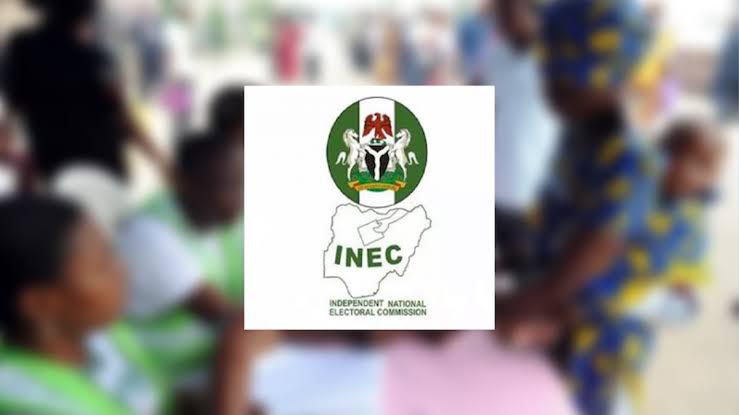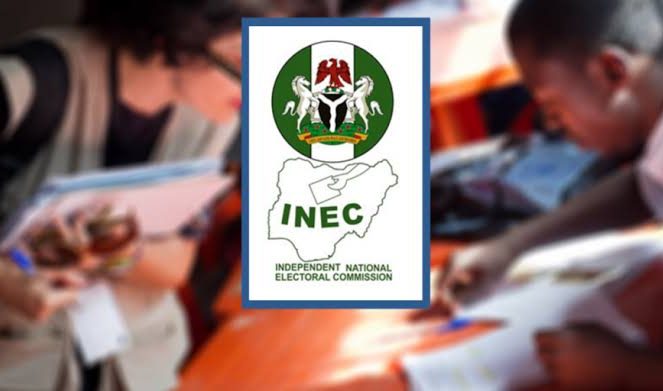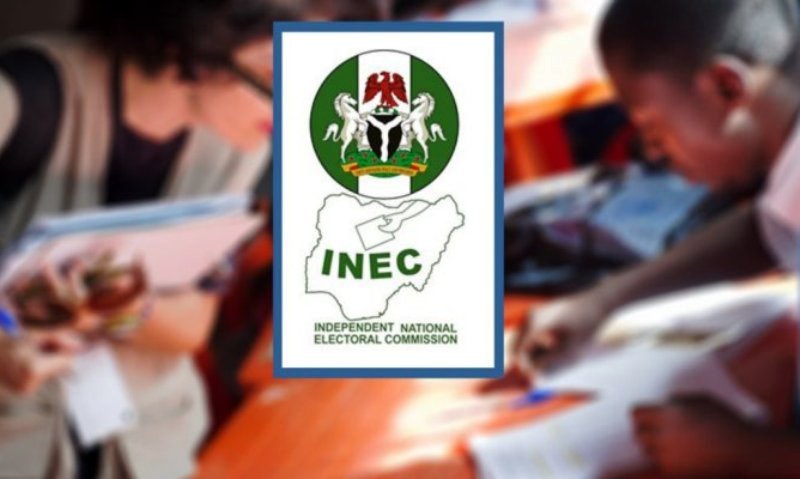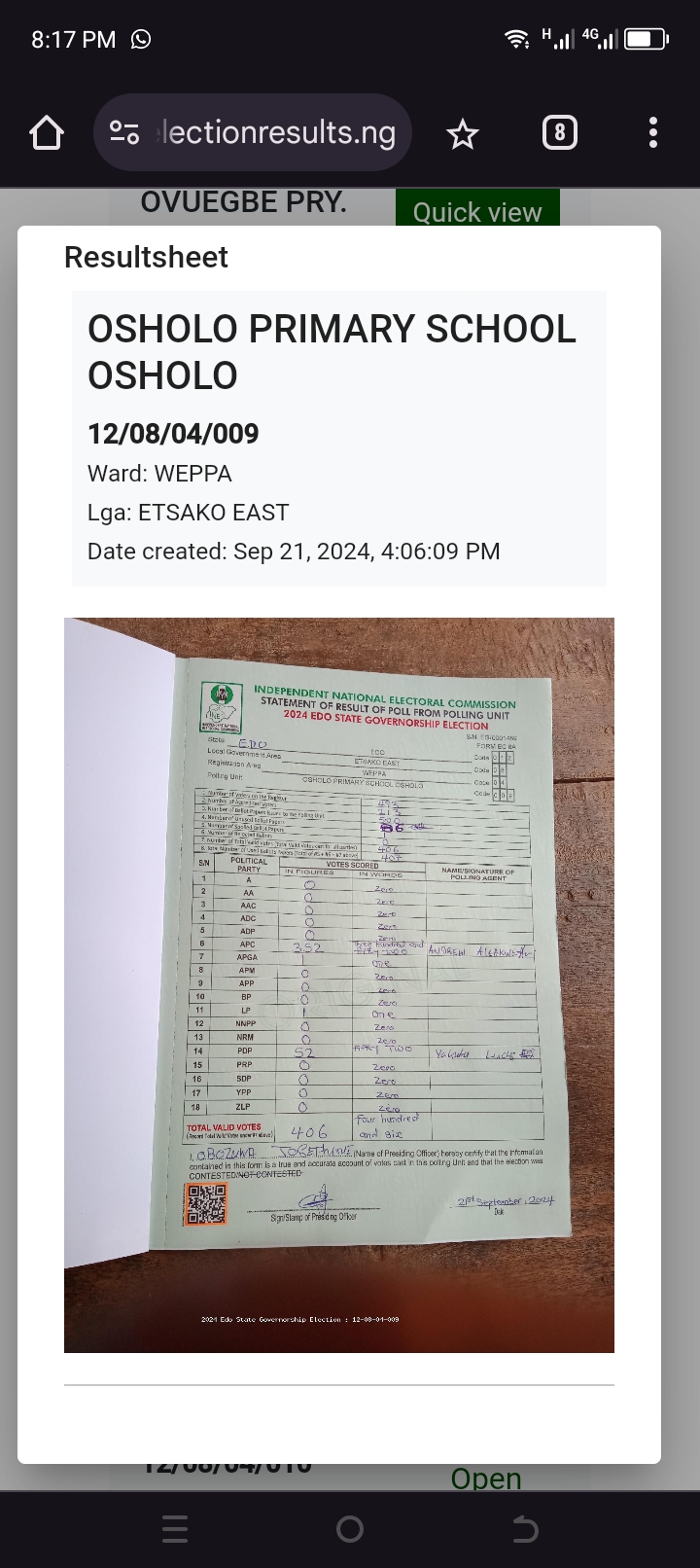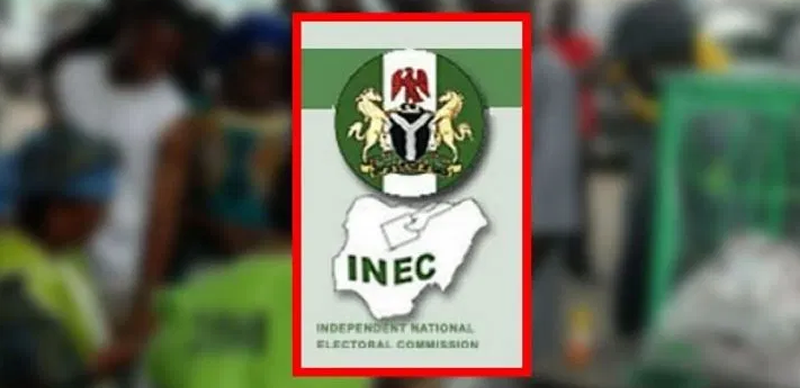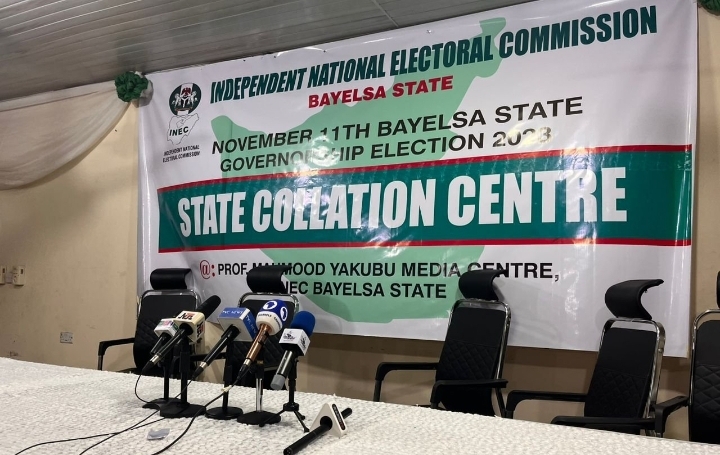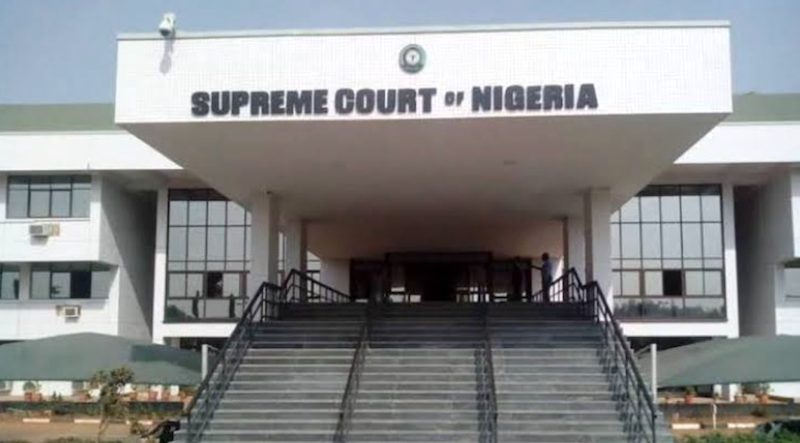… fault political parties over lack of internal party democracy in political parties
… decry high rate of failed litigations post 2023 general election
Ahead of the 2027 general elections, Nigerians have called for deepening technology use by legitimizing the INEC Result Viewing (IREV) portal as part of electoral law and sanctions for electoral offenses.
Participants during a radio programme, PUBLIC CONSCIENCE, produced by the Progressive Impact Organization for Community Development, PRIMORG, on Wednesday in Abuja, asserted that resolving “technical glitches” that cast doubts on the 2023 elections, ensuring dependence on the election umpires and all stakeholder playing its role would go a long way in improving the conduct of future polls.
The programme reviewed a recent report titled: “From Ballot to the Courts,” which provides a compendium of cases and analysis of election petitions from Nigeria’s 2023 general elections by the Policy and Legal Advocacy Centre (PLAC).
PLAC’s Programme Manager on Elections and Civics, Agianpe Onyema, disclosed that amending the Electoral Act of 2022 to recognize IREV is a major way of strengthening the use of technology in conducting elections in Nigeria.
Onyema urged the entrenchment of punishment for electoral offenders and the adoption of measures to ensure that those who violate the electoral law are punished.
Speaking on the factors militating against credible elections and election petition litigation post-2023 general polls, she said the weak party system, lack of internal democracy, and litigants’ difficulties proving their case beyond reasonable doubt continue to pose serious challenges, leading to many cases being thrown out of court.
“Punishment of electoral offenders is very important. PLAC’s report talks about penalizing frivolous petitioners. We won’t get it right in Nigeria if we don’t add that extra mechanism of punishing wrongdoings during elections.
“The Electoral Act should be amended to make it mandatory to use the IRev portal. The talks about the technical glitch spoilt the whole idea. But I think
“Nigerians were looking forward to using the IRev portal because it allows for real-time uploads and will even help election petitioners.
“Political party regulation is a very big issue, and the INEC has said many times that it is not able to regulate parties. For you to strengthen internal party democracy, we actually have to look for an institution that regulates the parties. As we speak, there is a bill in the House of Representatives trying to bring about political party regulation,” Onyema said.
On her part, PLAC’s Programme Manager on Legislative Issues and Gender, Nkiru Uzodi, joined in alluding that there’s a need to amend the Electoral Act 2022 to clarify issues surrounding result management, particularly the manual transfer and electronic transmission of election results, stressed that every election stakeholder including the Independent National Electoral Commission (INEC), Judiciary, politicians and citizens must play their roles to improve electoral integrity.
Uzodi also noted that political parties play a massive part in challenges bedeviling the conduct of elections in the country, urging that electoral justice should be substantial with less emphasis on technicalities.
She expressed worry about the present lack of trust in Nigeria’s judiciary while disclosing that out of the 1503 election petition litigations following the 2023 general elections, 73 percent of the cases were thrown out by the courts due to various shortcomings concerning jurisdiction, burden of proof, and procedural error, among other issues.
“In getting the conduct of elections right, electoral justice should be substantial; when people go to court, they should get substantial justice and not technical justice, and every stakeholder, including INEC, the judiciary, political parties, politicians, and citizens, have a role to play to fix this problem.
“We did a perception survey before the 2023 elections, and the citizen’s opinion of the judiciary was kind of average, but after the elections, it tanked. It’s below average. A lot of people have negative perceptions of the judiciary.”
Regarding the outcome of PLAC’s report, Uzodi revealed, “We analyzed 1503 cases, and about 792 were tribunal cases. 73% of those cases failed for lack of burden of proof. So there are two major issues: burden of proof and jurisdiction.”
In recommendations, she said, “The doctrine of substantiality, which is in section 135 of the Electoral Act, needs to be reviewed; the whole idea of criminal burden of proof in election petitions is ill-suited for election petitions.”
A human rights activist and public affairs analyst, Gerald O. Katchy, emphasized the importance of using technology completely in the conduct of all future elections in the country and stressed that INEC, being truly independent of political influence and pressure, will better serve the generality of Nigerians.
Katchy called on the authorities to consider the consequences of electoral crimes and advocated for special courts to handle election cases.
“We must ensure the INEC is independent. We should not allow politicians or political parties to nominate Electoral Commissioners. That is where it starts.
“When it comes to issues of elections, we must create an agency or commission that manages elections, it is just like monitoring political parties. Then we should encourage INEC to go full electronic,” Katchy emphasized.
Public Conscience is a syndicated weekly anti-corruption radio program, PRIMORG, that draws the government’s and citizens’ attention to corruption and integrity issues in Nigeria.
The program runs in partnership with the MacArthur Foundation.
